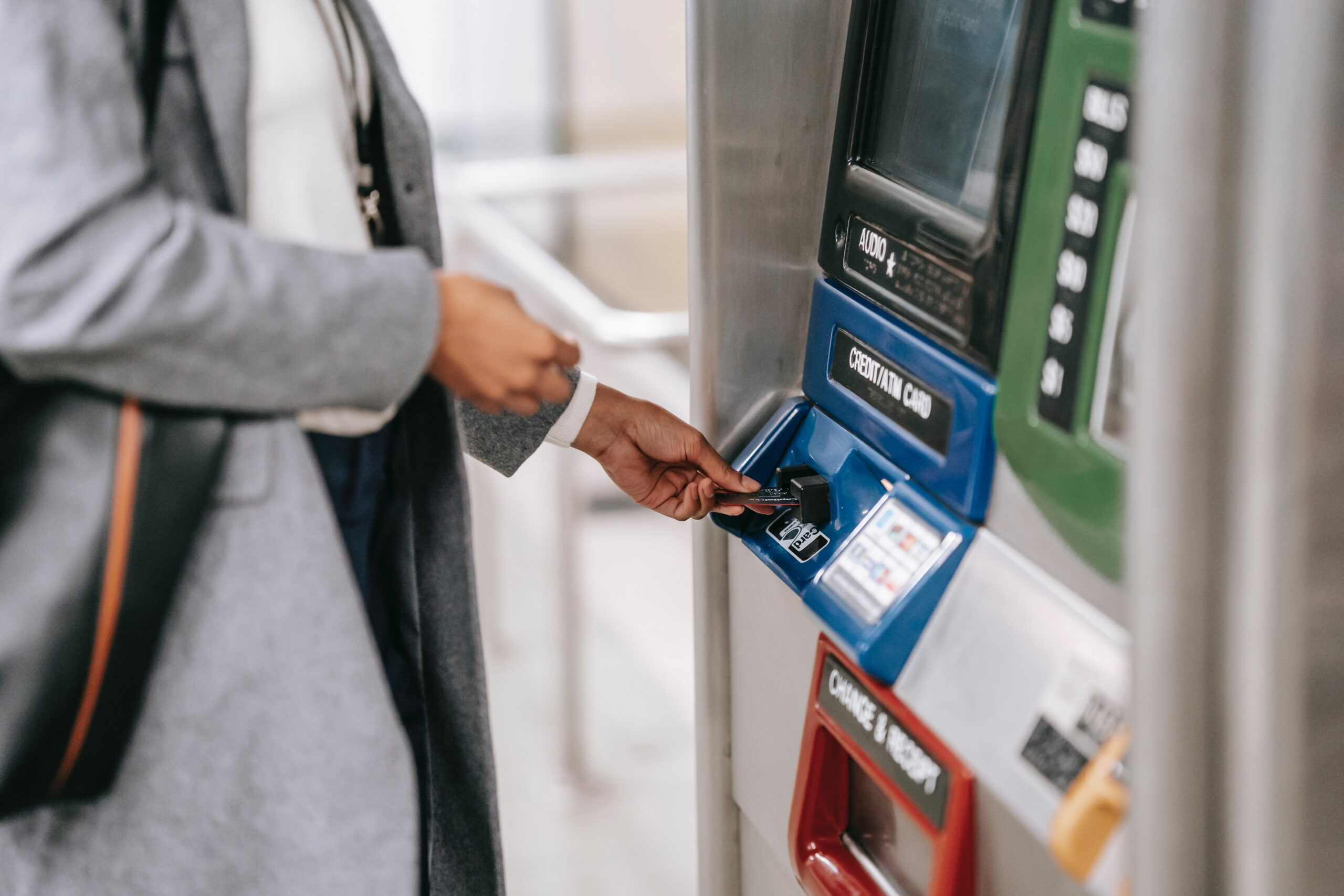
Expanding Access: Identity Solutions for Non-Residents
Takeaways from a Panel Discussion at Identiverse 2023
In today’s interconnected world, serving immigrants and non-residents is crucial for financial institutions. The U.S. sees about 2 million immigrants annually, many lacking familiarity with the American financial system. According to Datanami, credit bureau reports, traditionally used in underwriting, exclude a vast number of consumers. Equifax estimates that 91.5 million U.S. consumers are either absent from the credit file system or have insufficient information in their credit files. This leaves new immigrants and young adults as “credit invisibles” with limited financial options. How can we securely integrate these individuals? This question was tackled by a panel seeking solutions in this area.
Featuring distinguished panelists Parilee Wang (Alloy), Mitul Parmar (NeuroID), Priya Nakra (Nova Credit), and Martina Huzell (Majority), the discussion navigated around overcoming challenges related to fraud, the Bank Secrecy and PATRIOT acts, and how innovative solutions like behavioral analytics are enabling FIs to serve this demographic better.
The panel began by acknowledging that while the fear of fraud and compliance violations often deters FIs from verifying non-residents, the latter group is not inherently riskier. Martina Huzell highlighted the primary hurdle for immigrants: the lack of a Social Security Number (SSN), a standard identity verification tool in the U.S. Additionally, the panel emphasized that finding ways to include immigrants in the financial system is not only about mitigating risks but also the morally right thing to do. This inclusion reflects a sense of social responsibility and fairness in providing equal opportunities for financial stability and growth.
Mitul Parmar, VP of Product and Strategy at NeuroID, then delved into the possible solutions. He pointed out that behavioral analytics can be a potent tool for FIs to mitigate fraud risk during customer onboarding, regardless of the customer’s citizenship status. By imperceptibly observing how information is entered as opposed to what information is entered, behavioral analytics can offer insights into the credibility of a potential customer without making them feel singled out by automatically pushing them through additional friction-filled identity verification flows.
Mitul emphasized this approach benefits both the FIs and customers, enhancing security while ensuring a smoother onboarding experience. Furthermore, behavioral analytics, unlike biometrics, makes it easier for our customers to abide by regulations because NeuroID does not collect PII.
The panel concurred that to establish inclusive financial services for immigrants, it’s essential to rethink onboarding and reliance on SSNs for identity verification. Nova Credit’s research highlights that 49% of recent immigrants found obtaining a credit card challenging, and 40% struggled with opening a bank account, mainly due to being “credit invisible.” Above all, 37% of respondents said financial services had, “the most significant impact on their ability to adjust to life in the U.S.” A reimagining of the identity ecosystem should consider solutions like Nova Credit’s, which translates international credit data into U.S.-equivalent scores.
NeuroID, with its pioneering work in behavioral analytics, is at the forefront of this change. By enabling FIs to evaluate the authenticity of potential customers based on their online behavior, NeuroID is helping to dismantle barriers and open up access to financial services for everyone, regardless of their citizenship status.
The discussions ended with panelists sharing visions for the future. Besides agreeing on the role of innovations like behavioral analytics, they shared that governments might increasingly partner for cross-border data sharing on an opt-in, consent-based model. This collaboration could streamline understanding of individuals’ financial backgrounds, facilitating mutual provision of financial services for migrants. Such a blend of innovation and international cooperation could foster a more inclusive, secure financial environment for immigrants.


